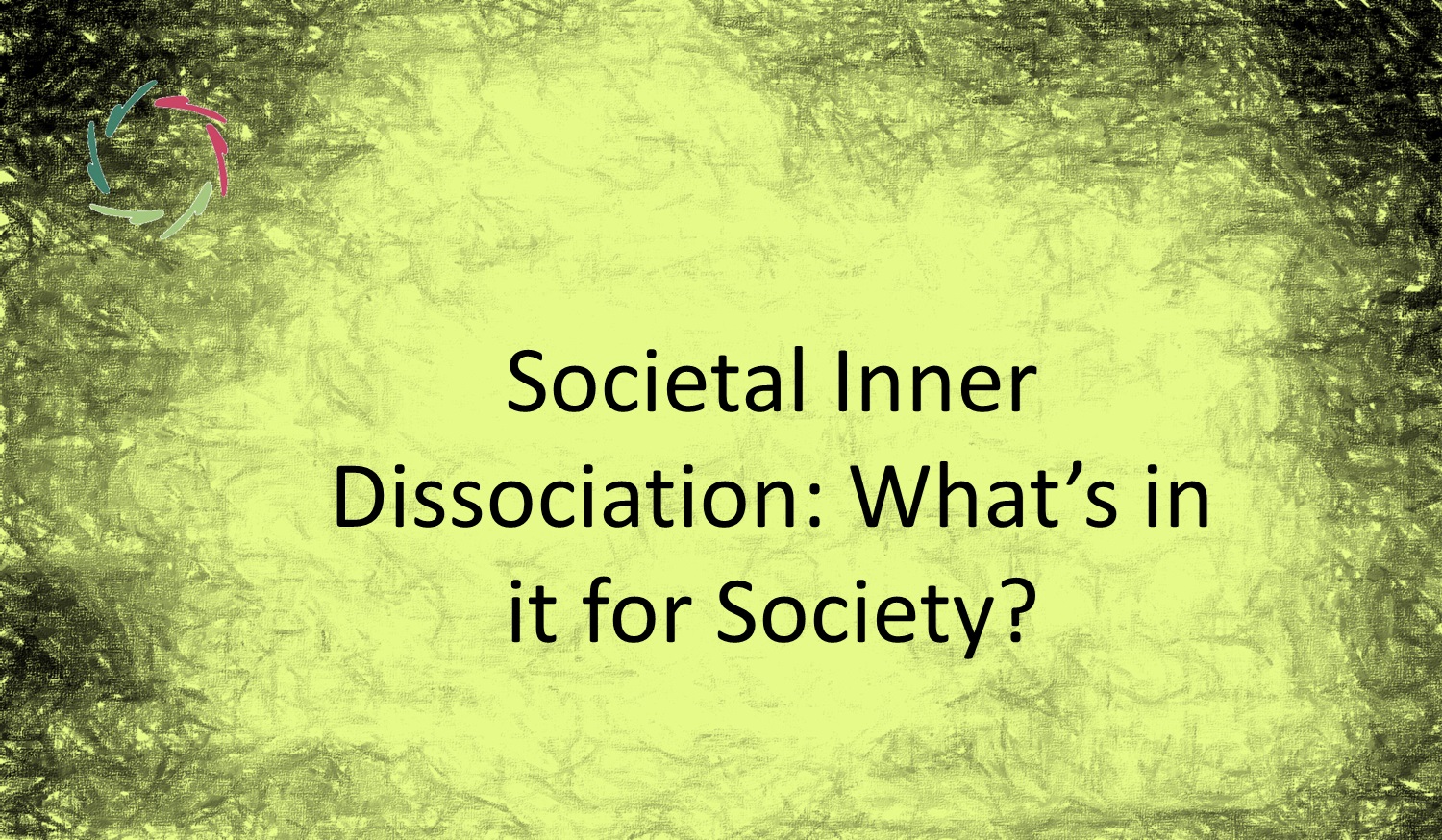Peace

It’s the people who create the war. Of course. A similar cliché is: peace only starts within yourself, and nowhere else. But what does that mean, ‘peace within yourself’?
Peace does not start at the enemy, but at the enemy of the enemy. At yourself, thus. And then also at the enemy. Because even that enemy has an enemy of an enemy. ‘All enemies apart …’
Different start.
Peace does not start at the enemy, but at your idea of it. This enemy is a human being too.
With a little different set of circumstances in the past, it could be that you were now in the shoes of the enemy … of yourself. When you look at it purely logical, it is purely a matter of chance. What makes it even more peculiar to speak about ‘enemy’.
The concept of ‘enemy’ seems to be rather a matter of perception than of reality.
In other words: the enemy starts nowhere else but within yourself. What is it then, this ‘enemy within yourself’? Clearly: you are it yourself. Peace within yourself also starts by making peace with the enemy … within yourself. Peace with yourself-as-enemy.
Ah so, yourself-as-enemy? I don’t see myself as an enemy … Do I need to learn to see myself as an enemy first in order to make peace with him then?
I fear so, in one way or another .
C.G. Jung spoke about ‘the shadow’. In this ‘shadow’ he saw the repressed parts of the total self.
This is: being repressed from the consciousness to a world of unconsciousness (the unconscious). A Freudian thought (in a later period looked at differently by Freud himself): the unconscious as receptacle (a dustbin?) of all sorts of neuroses, regressions, frustrations … and apart from that, little good. Jung looked at it very differently. His understanding of ‘shadow’ was what he saw as the most important thing in yourself to get in touch with. Viewed positively: the ‘shadow’ is not ‘the bad’ but ‘the good’ that should not/cannot be exposed as such. Or: that should not/cannot realize itself. Then it is looking for another out and gets a ‘different kind of energy’. We have already met it: it comes as psychosomatics, depression, addiction, anxiety, neurosis …
What corresponds to Freud’s view:
neurosis as a result of repression.
What differs dramatically with Freud:
conceptual consciousness versus non-conceptual processing as a solution.
AURELIS presupposes a great confidence in the unconscious
as ‘source of the good’. And that is now exactly what all kinds of historical developments/current ideas and organizations paint a different image of. It’s a matter of getting power, so to speak, via a simple and perfidious mechanism.
By the way, this is what makes it important for an AURELIS coach to sound out a coachee about his ideas about the unconscious. If the coachee has a rather ‘malicious’ idea concerning this, it is important to go into this. An additional problem is that this idea can be present in someone rather unconsciously. If you, on the one hand, try to impart great confidence about the ‘deeper self’ and there is a great distrust about this deeper self, problems might occur that remain seemingly hopeless for a long time. Not to be underestimated!
Thus, a ‘shadow’ is still no enemy.
However, if one makes an enemy of it, he will soon start projecting himself. Do this on a large scale, e.g. x 50 million or so, and you have a real ‘enemy’ against which one must protect oneself, even more, who is not worth to see the light of day.
WAR.
Of course, one needs to protect oneself. L’occasion fait l’invasion. At the same time we should be getting to the point that it is out of date to start a war without testing and understanding the ‘enemy’ from all possible sides. Not only because of the understanding of that other, but as well because of the understanding of yourself. In that other (via projection) is present more than likely a large part of yourself.
AURELIS: openness, freedom, respect, depth, trustworthiness .
I think this set of values also leads to peace. In the small and in the large. In each case: should AURELIS play its part in this, then it will not be my merit, but that of many.


